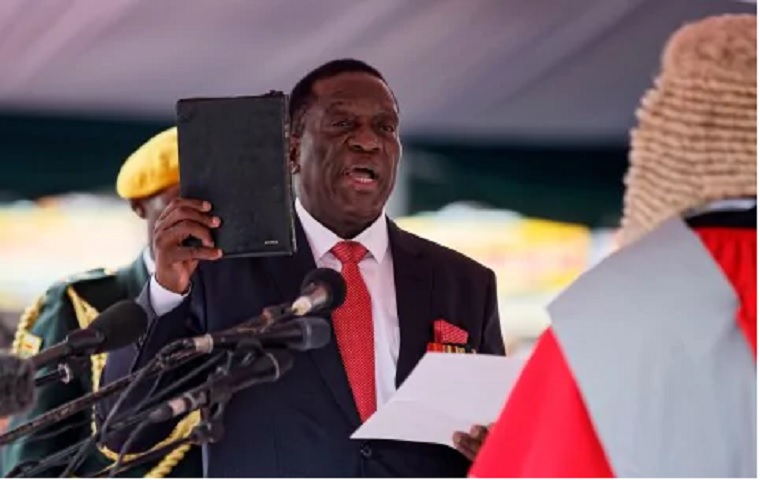The coming to power of Emmerson Mnangagwa through military intervention has raised a lot of expectations from the people mainly hope that things will change and the country can start recovering.
But some say Mnangagwa would have to do a lot to prove that he is different from his predecessor.
The International Crisis Group, in a report published last week entitled: Zimbabwe’s ‘military-assisted transition’ and prospects for recovery, rightly asks: Will Mnangagwa’s past pollute his future?
Here is an excerpt from the section entitled: Mnangagwa- old wine in old bottles?
Presented as a pragmatist, Emmerson Mnangagwa was unable to deliver needed reforms when he was vice president (2014-2017) under Mugabe. Whether he can succeed now remains in question.
He has been accused of responsibility both individually and as part of ZANU-PF’s collective leadership for an array of human rights violations, ranging from the Gukurahundi massacres in the 1980s, Operation Murambatsvina (Move the Rubbish) that violently cleared slums across the country in 2005, and the election violence of 2008 that left over 300 dead.
He has denied any role in these abuses.
Mnangagwa also was named in a UN inquiry into the illegal exploitation of natural resources during Zimbabwe’s intervention in the Democratic Republic of Congo in the late 1990s.
Members of the security apparatus and military personnel have been accused of benefitting from the control of diamond fields in Marange.
Although Mnangagwa has committed to cleaning out corruption, there is little confidence this would include investigations into revenues allegedly missing from Marange.
Will Mnangagwa’s past pollute his future?
His inaugural presidential speech was promising, widely welcomed as a significant shift.
Gone was the anti-imperialist rhetoric and finger-pointing that characterised Mugabe’s rule.
Continued next page
(325 VIEWS)
